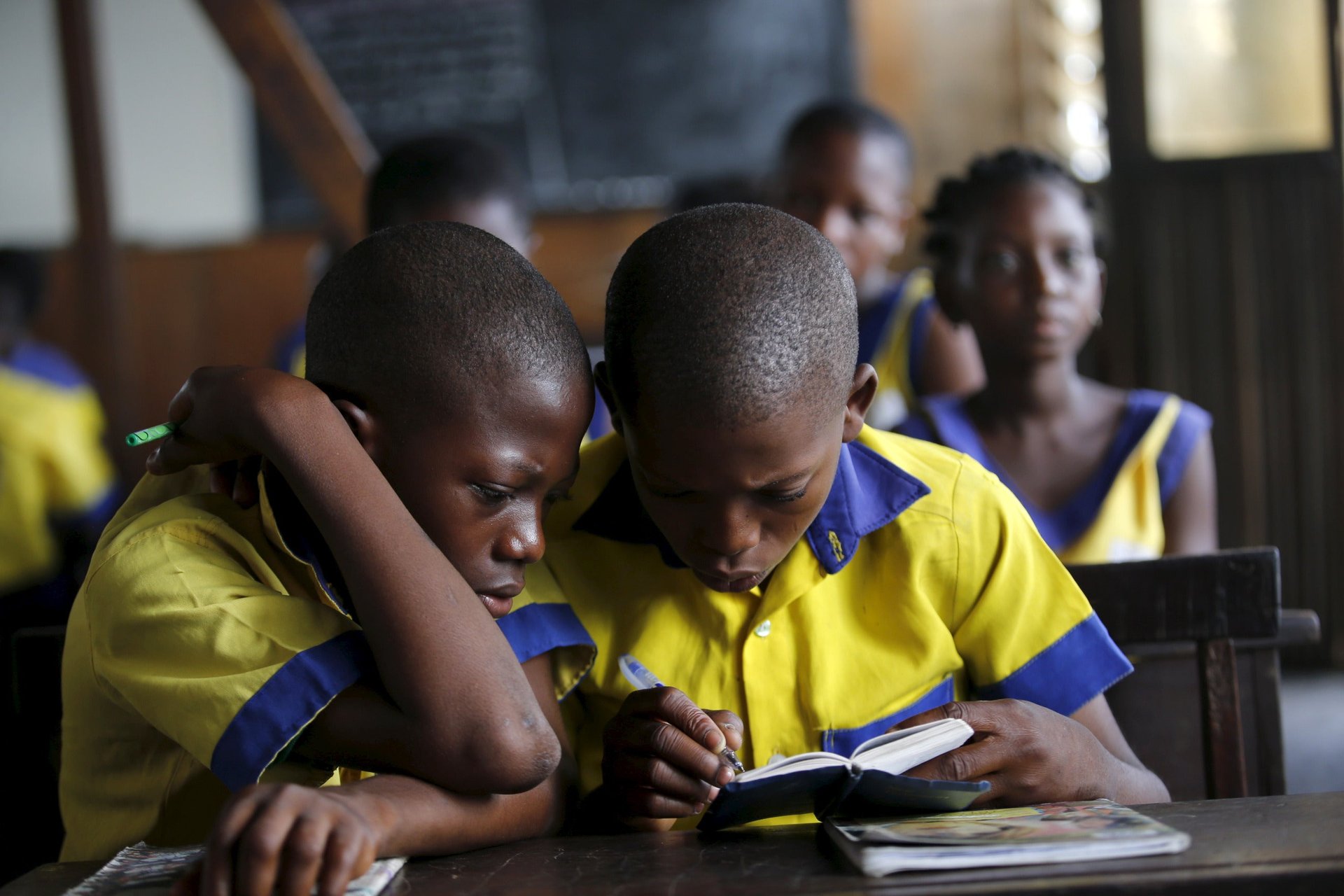An experiment is testing teaching science to Nigerian schoolkids in a local language
Students at select schools in Nigeria’s southwest will soon be taught science in Yoruba, a language that’s native to the region.


Students at select schools in Nigeria’s southwest will soon be taught science in Yoruba, a language that’s native to the region.
Taofeeq Adebayo, a PhD student in linguistics, has translated a popular science textbook into Yoruba and will lead a pilot project to teach science to third-year secondary school students (seventh graders) in the local language. The project will see Adebayo teach science in Yoruba across seven schools with the textbook translated in collaboration with graduate students at the University of Ibadan, Nigeria’s oldest university.
Adebayo, also a Mellon fellow at New Orleans’ Tulane University, thinks of the pilot project as a chance to fine-tune how “translation can be improved to meet their [students] classroom needs and how we can design the translation so that it is accessible not only to the students but also to the teachers.”
In rural areas across Nigeria, teaching often happens in local languages but those lessons are still based on English textbooks and only happen out of necessity as a consequence of low English language proficiency. And it’s likely tweaking translation and teaching methods will be necessary: as has been increasingly observed in other African countries, written mother-tongue languages often vary and aren’t keeping pace with how they are used in evolving everyday speech.
But there’s a long-running argument that local languages should be thought of as a standard medium of instruction for children at a younger age—and, some argue, through to university level. Providing education in a child’s mother-tongue, academics have claimed, will make subjects like science more accessible and easier to understand at an earlier age, especially for children that have to formally learn English at school.
And research supports the sentiment: a 2006 UNESCO-backed study showed mother-tongue-based multilingual learning was likely to result in higher retention of knowledge. It’s a strategy that’s also been tried out in southeast Asia where countries including Thailand, Phillipines and Cambodia have adopted education policies that favor offering early education in the mother tongue.
Sign up to the Quartz Africa Weekly Brief here for news and analysis on African business, tech and innovation in your inbox